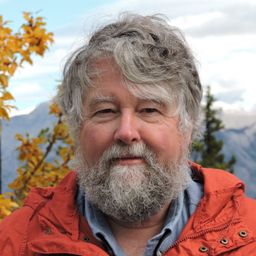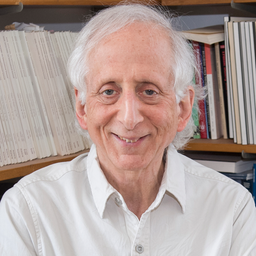
John Robinson
Sessions auxquelles John Robinson participe
Jeudi 27 Mai, 2021
Typical arguments for why we have not yet come close to achieving our climate and sustainability goals have to do with the power of vested interests, resistance to change, and ignorance of the true state of affairs. This presentation explores three other possible reasons (reliance on baseline thinking; a lack of attention to development pathways, and a focus on individual conscious choice) and suggests alternative approaches to all three. The paper concludes that rather than trying to change ...




